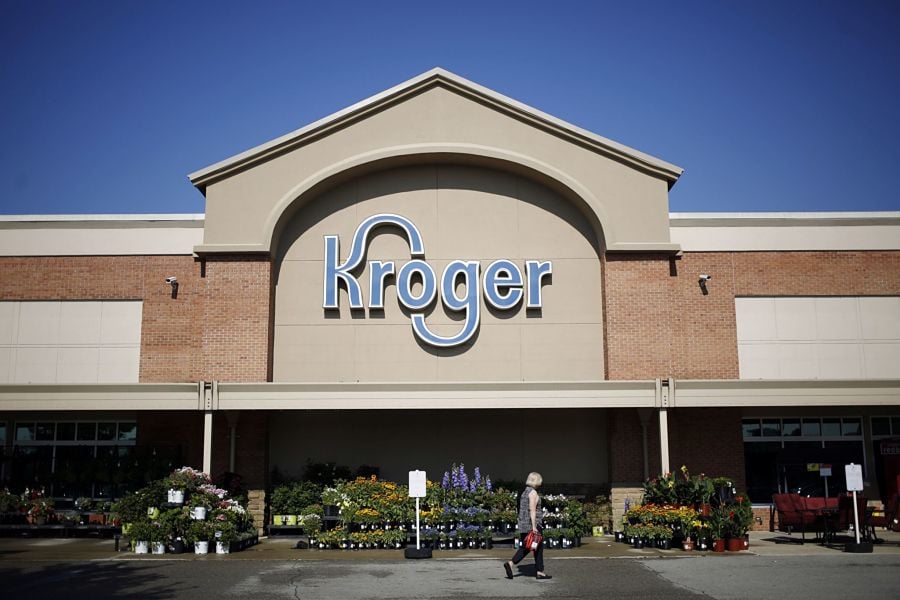

Grocery chain Kroger on Friday became the latest company targeted over fees in its 401(k) plan, with plaintiffs citing excessive fees of as much as $1.33 per person a month.
Law firms Walcheske & Luzi and Strauss Troy filed a lawsuit in U.S. District Court in Cincinnati, alleging that Kroger failed its employees for years by agreeing to unnecessarily high record-keeping costs paid to Bank of America Merrill Lynch.
Since 2015, the $5.9 billion plan has paid record-keeping fees of $30 per participant annually, according to the complaint. While that amount is higher than rates the law firms identified for a handful of comparably sized 401(k)s, it was at most slightly higher than $1 per month per participant more than that of the most competitive plan on the list. Those rates ranged from $27 per participant in the Kaiser Permanente plan to as low as $14 in the Fidelity Investments plan, according to 2018 Department of Labor data cited in the complaint.
“These objectively unreasonable record-keeping fees cannot be justified. Defendants’ failures breached the fiduciary duties they owed to plaintiff, plan participants and beneficiaries,” the law firms wrote in the suit. “Prudent fiduciaries of 401(k) plans continuously monitor fees against the market rates, applicable benchmarks and peer groups to identify objectively unreasonable and unjustifiable fees.”
Representatives from Kroger did not immediately respond to requests for comment.
As of 2019, the Kroger plan included more than 92,000 participants, according to the complaint.
The law firms make two claims against the grocer, the first being breaches of the duties of loyalty and prudence and the second being a failure to adequately monitor other fiduciaries under the Employee Retirement Income Security Act.

Relationships are key to our business but advisors are often slow to engage in specific activities designed to foster them.

Whichever path you go down, act now while you're still in control.

Pro-bitcoin professionals, however, say the cryptocurrency has ushered in change.

“LPL has evolved significantly over the last decade and still wants to scale up,” says one industry executive.

Survey findings from the Nationwide Retirement Institute offers pearls of planning wisdom from 60- to 65-year-olds, as well as insights into concerns.
Streamline your outreach with Aidentified's AI-driven solutions
This season’s market volatility: Positioning for rate relief, income growth and the AI rebound
